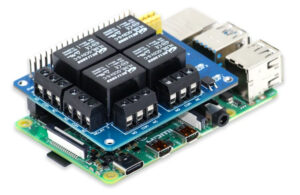Not Found
The page or the product you are looking for is no longer available. Please see other products: https://ozrobotics.com/shop/
Browse Hottest Products
-
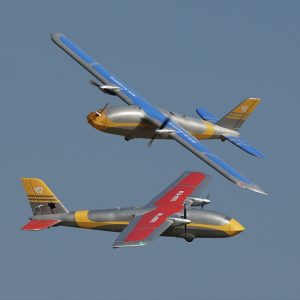
XFly Model X1500 Twin Power FPV Aircraft 59in Wingspan PNP (without Transmitter, Receiver, Battery)
$359.99 Brand: Xfly-Model
-
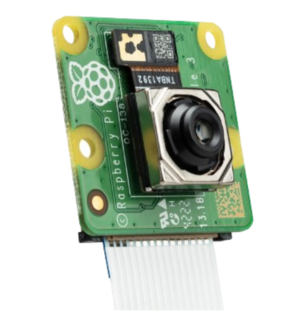
Raspberry Pi Camera Module 3
Price range: $55.99 through $69.99 Brand: SB Components
-
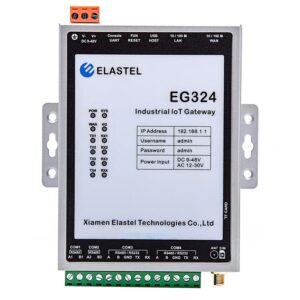
EG324 Arm-Based Industrial IoT Gateway
Sale! Price range: $189.00 through $235.00 Brand: Xiamen Elastel
-
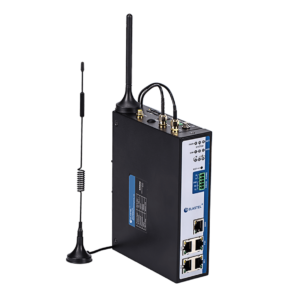
ER500 Industrial Dual-SIM Cellular Router
Sale! Original price was: $265.00.$215.00Current price is: $215.00. Brand: Xiamen Elastel
-

EG500 Edge Computing Gateway, Industrial Raspberry Pi
Sale! Price range: $375.00 through $540.00 Brand: Xiamen Elastel
-

CubeMars AK45-36 KV80 BLDC Motor for Robot with Driver Board, Gear Ratio 36:1
$185.90 Brand: CubeMars
-

203mm Double Aluminum Omni Directional Wheel Basic – 14124
$105.00 Brand: Nexus Robot
-
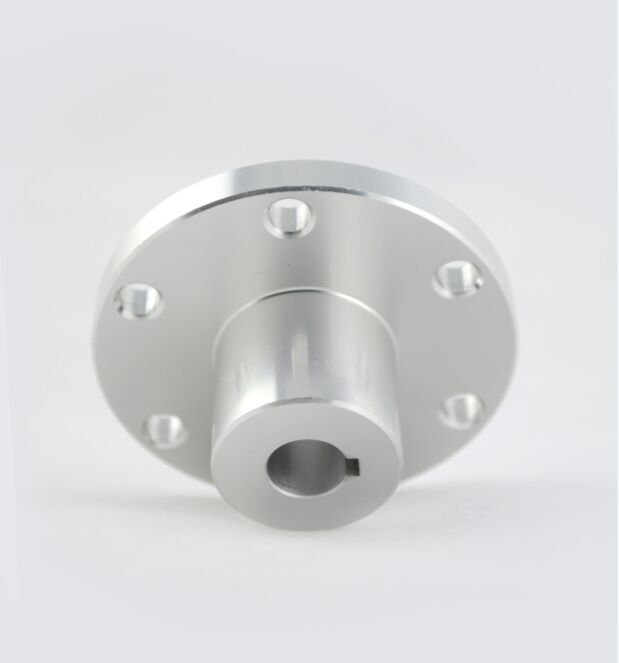
10mm High Quality Universal Aluminum Key Hub – 18025
$12.00 Brand: Nexus Robot
-
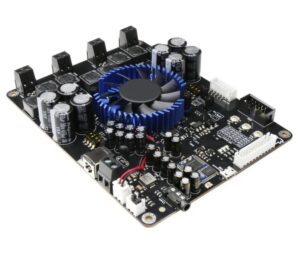
4 x 100W Bluetooth 5.0 Multipoint + DSP Audio Amplifier Board – TSA8804
$87.45 Brand: TinySine
-
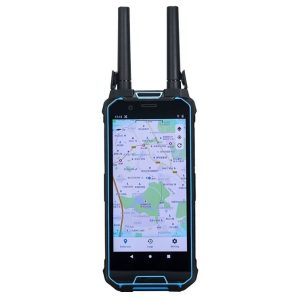
Handheld Device for Detecting and Locating Drones and Pilots (RC) with Frequency Range 600mhz – 6Ghz
Sale! Original price was: $6,999.00.$6,699.00Current price is: $6,699.00. Brand: SgUAV Tech
-

CubeMars AK60-6 V3.0 KV80 BLDC Motor for Robot with V3.0 Driver Board Support 48 volts
$298.90 Brand: CubeMars
-
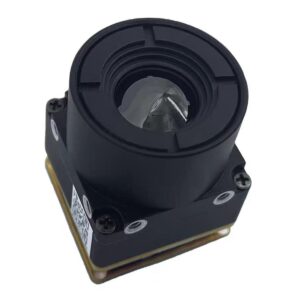
Mini Analog FPV Thermal Image Camera Detector for FPV Drones with Resolution 384*288 mm CVBS 9mm
Sale! Original price was: $699.00.$599.00Current price is: $599.00. Brand: SgUAV Tech
-
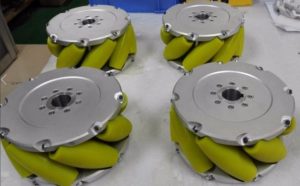
A Set of 10 inch Heavy-Duty Industrial Mecanum Wheel with Load Capacity 1500kg – NM254A
$824.00 Brand: Nexus Robot
-
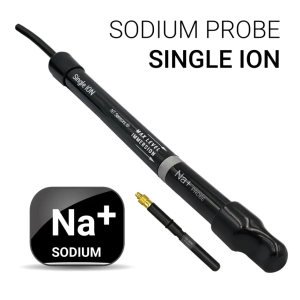
Sodium Ion Selective Electrode
$305.00 Brand: NTSensors
-
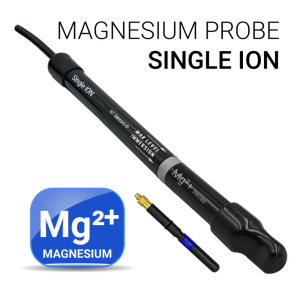
Magnesium Ion Selective Electrode
$305.00 Brand: NTSensors
-
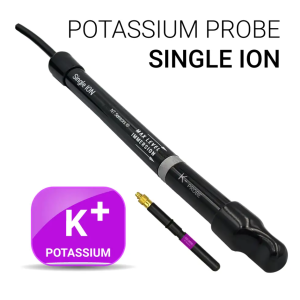
Potassium Ion Selective Electrode
$305.00 Brand: NTSensors
-
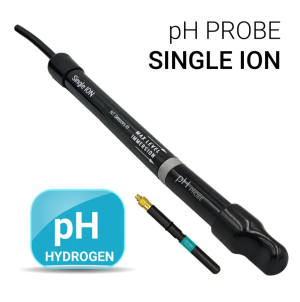
pH Ion Selective Electrode
$380.00 Brand: NTSensors

